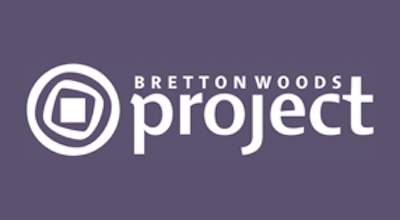Missing in action: accountability is noticeably absent from the World Bank Group’s new Corporate Scorecard

The World Bank Group (WBG) – the world’s most prominent multilateral development bank – has been embarking on a giant overhaul in the past few years. Recognising the ongoing damage from climate change and other global crises, the 80 year-old institution just last year expanded its mandate to alleviate poverty and promote shared prosperity “on a livable planet”. The WBG is now outlining how it will determine success in fulfilling that mission. Civil society and other stakeholders are concerned, however, that the WBG is missing a crucial element to ensuring that it can adequately meet its goals: accountability to local communities affected by its financing.
Earlier this year, the WBG released its new Corporate Scorecard, which has been presented as the main tool the Bank will use to determine if it is effectively meeting its mandate. The Scorecard comes after a massive WBG effort to set out how it will “evolve” to better address global challenges. A key part of this evolution is to get money out of the door more quickly. With this emphasis on speed, there are risks that leaner due diligence will cause further human rights impacts and environmental damage. The evolution also pushes for more private capital mobilisation, although there have been serious negative impacts stemming from private sector financing. While it is positive that the Scorecard focuses on outcomes instead of just inputs, the 22 indicators, which include highly questionable indicators on gender equality and digital connectivity, do not adequately capture the net impact of the WBG’s financing (see Observer Autumn 2024).
Read the full article in the Bretton Woods Observer here.

